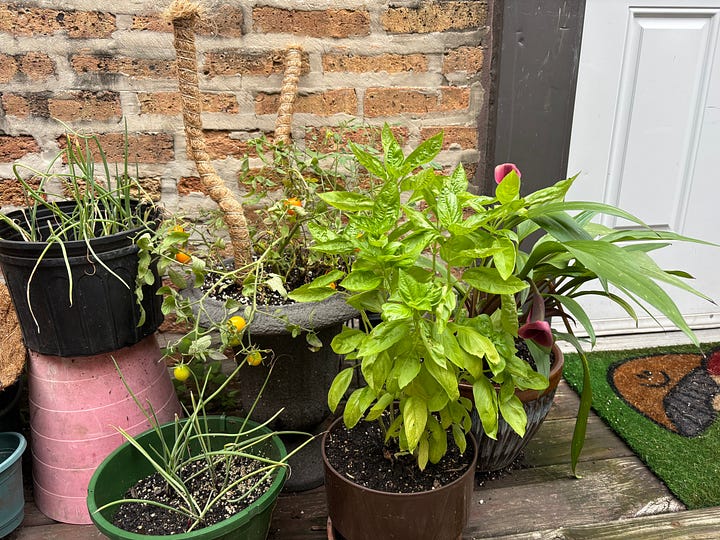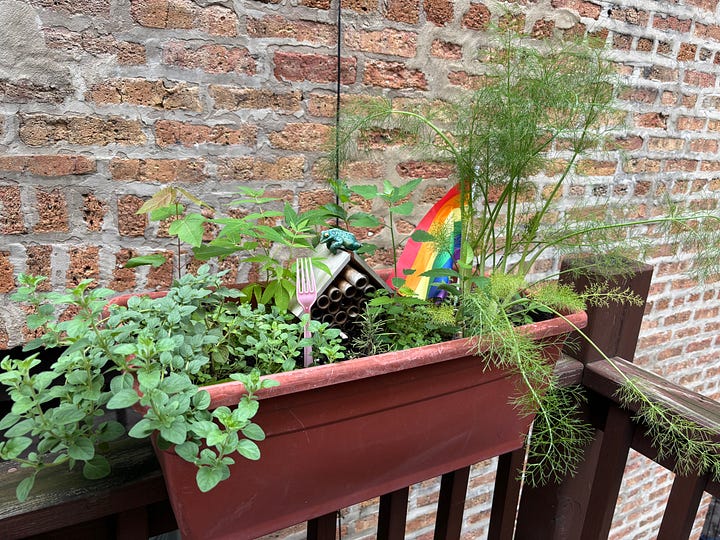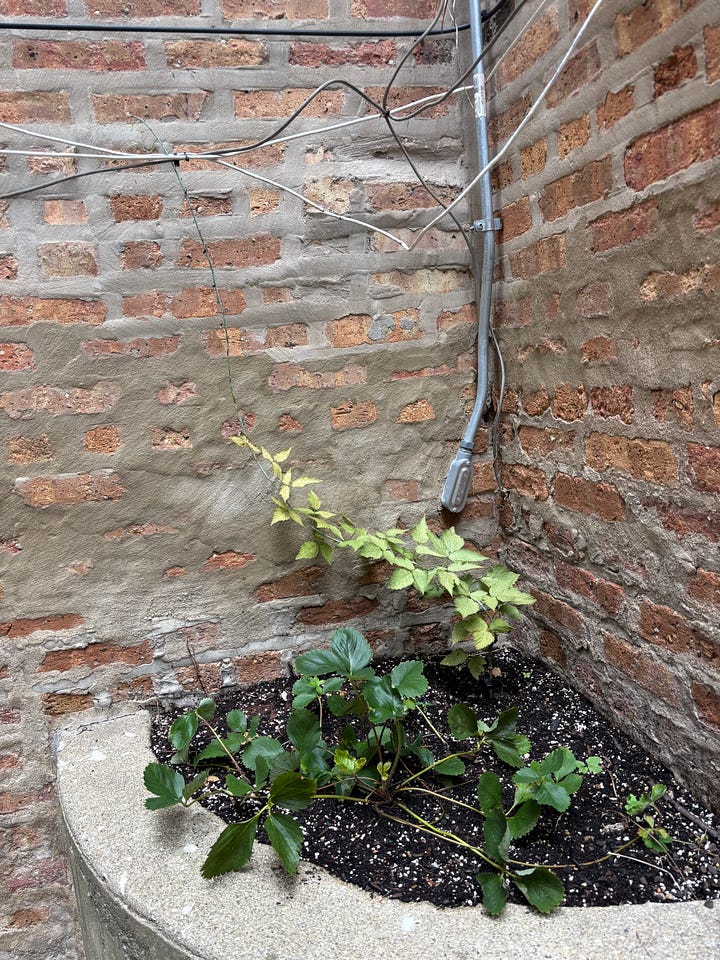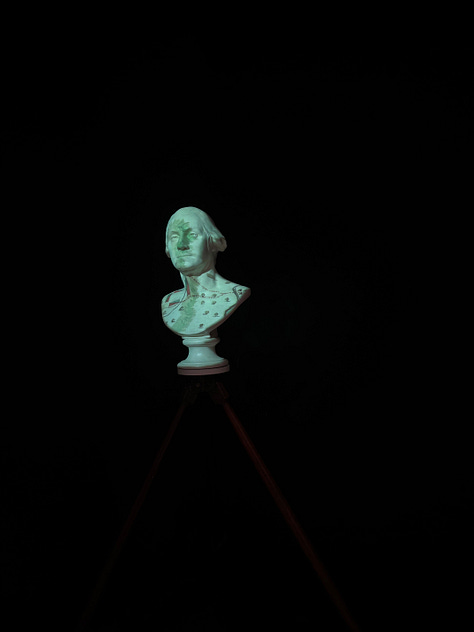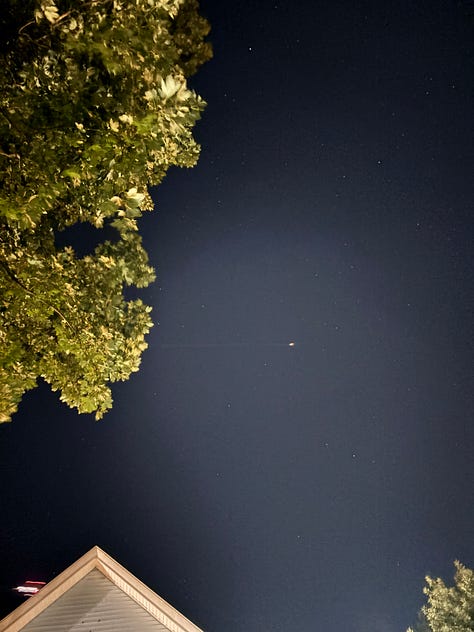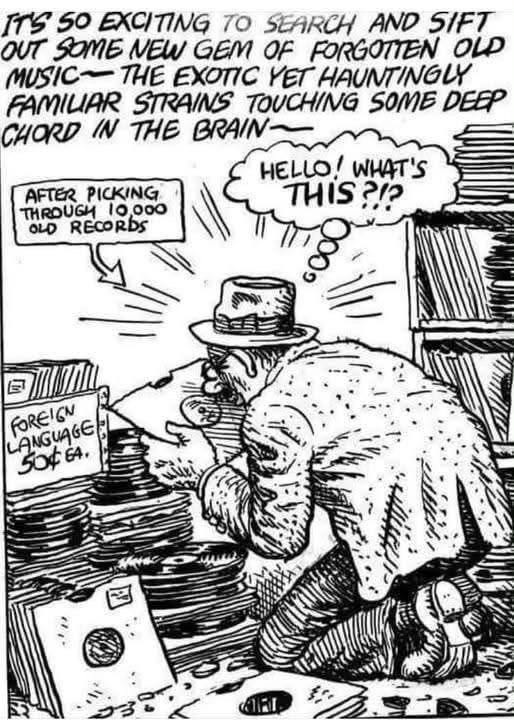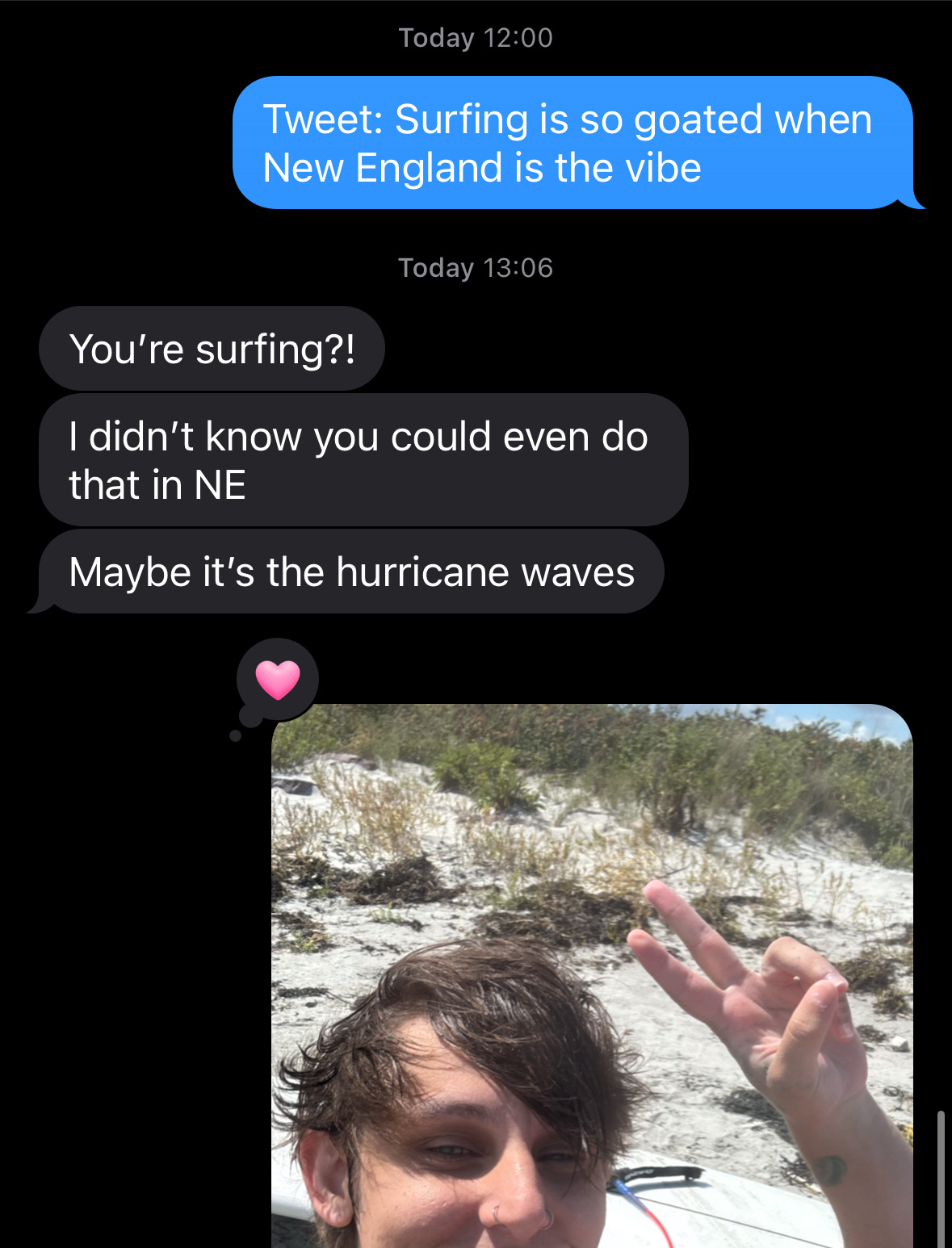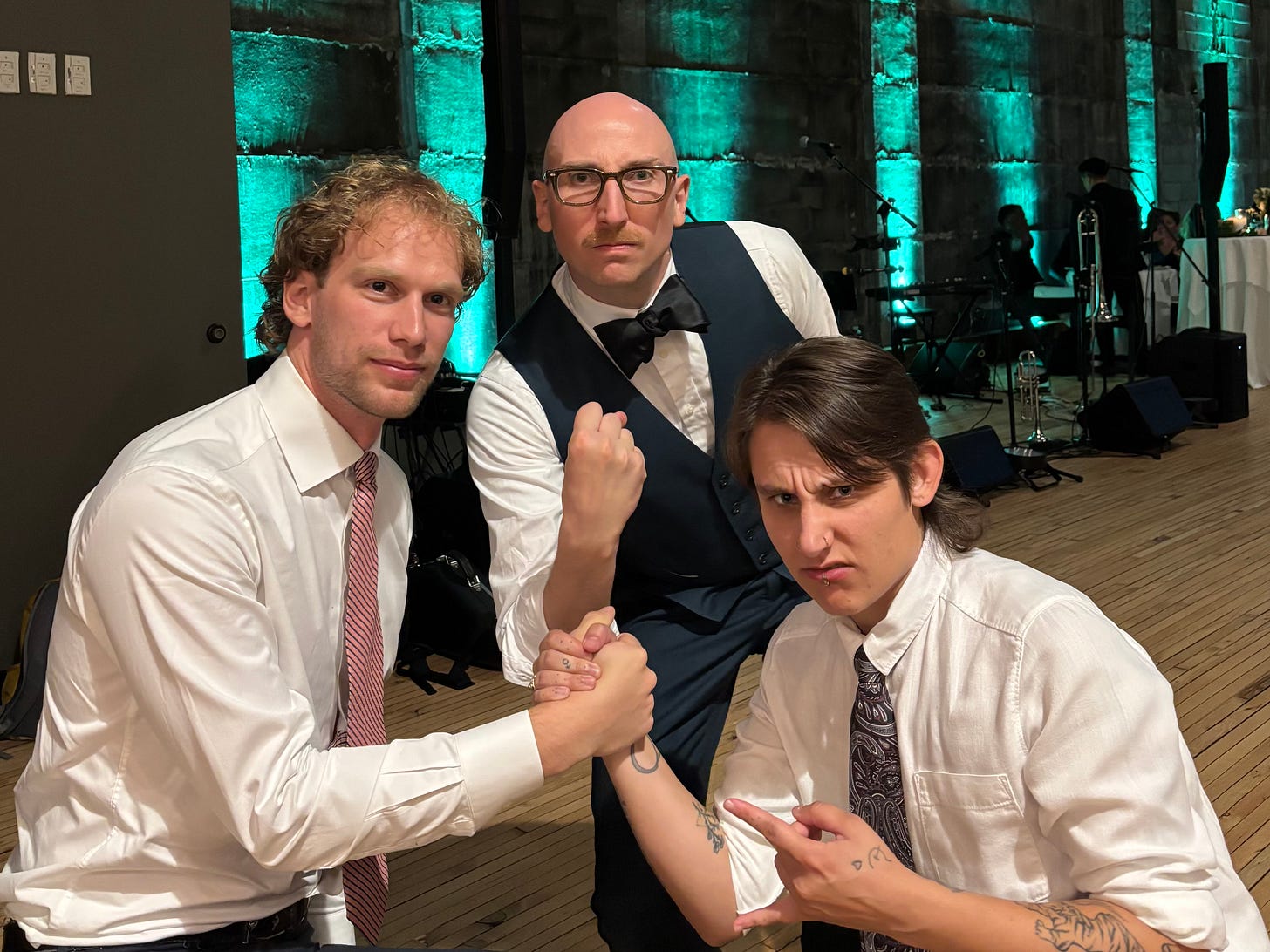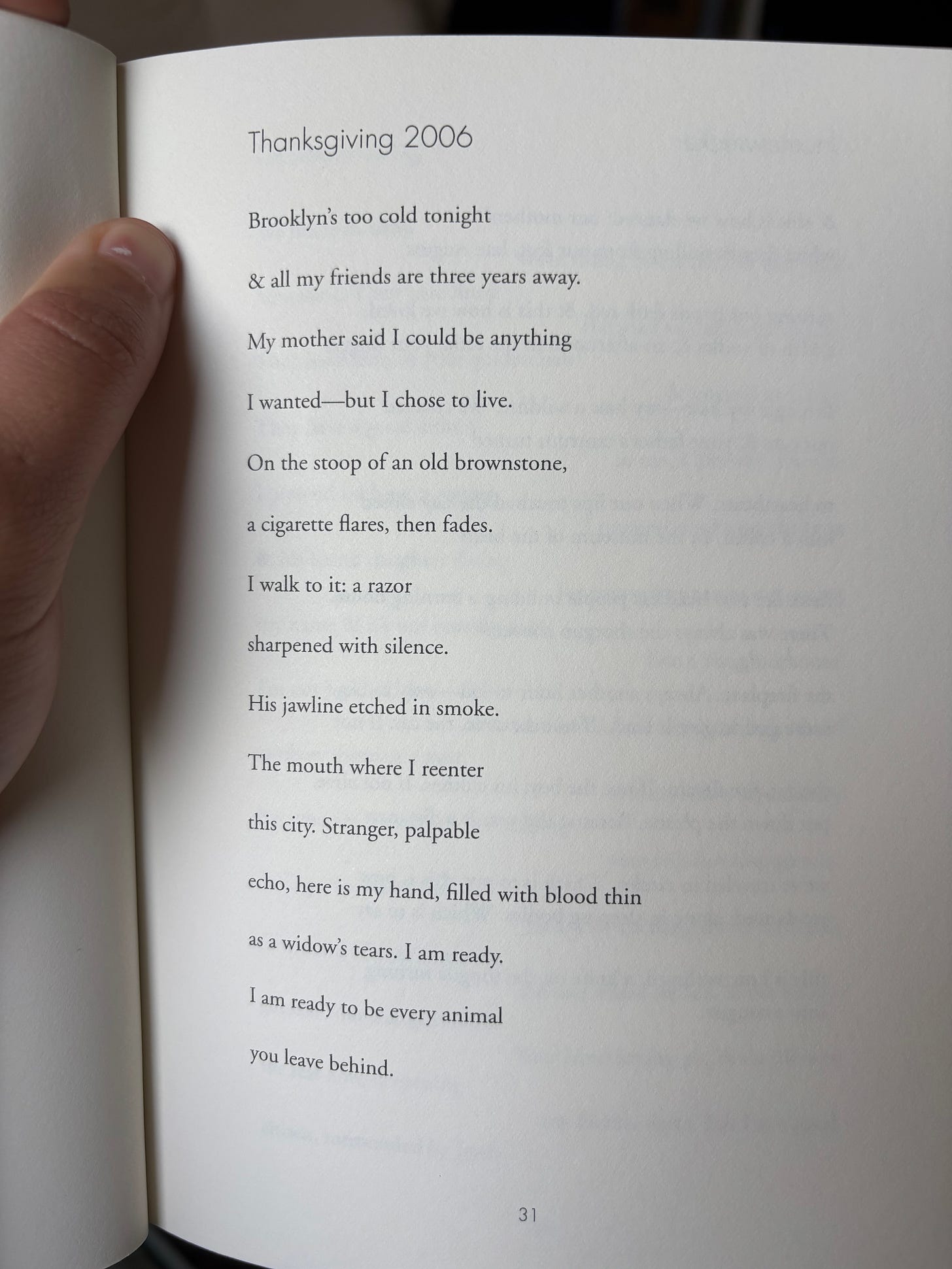Surf's Up!
Nobody builds statues of critics.
General News

I want to keep this section relatively short, since I think this week’s discourse is more interesting. I mean, let’s be honest, none of this is surprising. Have y’all forgotten that we live in Hell? Just here to remind you that we do! Another normal week here in the US. This happened to me once. Here’s something for you to do if you live in the state of Illinois.
You don’t need to jump down to the Poetry section in order to put two-and-two together. Just hang tight through this vague rant on how much I despise “cultural critics.”
I actually find the work of cultural criticism boring, repetitive, and meaningless. If you genuinely think that criticizing artists is a worthwhile endeavor, I encourage you to learn a skill. Get a hobby. Find something else to build character, perhaps have the bravery to contribute your own art to the world. Nobody builds statues of critics. All cultural critics will be forgotten and washed beneath the tides of whatever becomes popular. Their work is situated within the context of someone else’s art, neither original nor special. Critics are like a flock of vultures, picking away at the carcass of an artists’ “flop,” if you will, and shrieking into the inattentive universe.
The “flop” in question is a “bad book.” What I find fascinating about this discourse is the idea that an artist must produce (end thought here; expectations of production are inherently capitalistic, so jot that down) one high quality piece after another. As if our minds are some conveyor belts for endlessly identical products which satisfy the appetites of Culture Vultures. What ever happened to letting people make bad art? Bad art has its own place in the sentimental mind of consumers, doesn’t it? I mean, I unironically love the 2001 comedy Joe Dirt, which isn’t a critically acclaimed film. Critics be damned, I love to see homos naked! I also absolutely love the 2001 flop Monkeybone starring Brendan Fraser. However, I am an arbiter of taste: My top 4 films on Letterboxd include The Silence of the Lambs, Fargo, The Banshees of Inisherin, and The Bird Cage; all critically acclaimed and highly praised films. People just like stuff? Idk man.
These critics will say, “Of course you can make bad art in the slam poetry scene or whatever, just don’t publish that stuff with Penguin!” Hey, fuck you? “This isn’t worth literary merit.” Y’all do realize that the entire concept of “literary merit” is in itself a hierarchical and capitalistic view of the valuation of art, right? Like the fact that slam poetry, open mics, these kinds of spaces are deemed less “deserving” of literary merit versus having a publishing deal with some massive corporation? Hello? I just find this kind of discourse exhausting and unoriginal. We’re just tearing each other apart limb from limb over what deserves “literary merit” while these publishing companies/corporations rake in more money than the artist themselves or even most of the workers who actually produce value. Let’s focus on what really matters: Placing the means of production into the hands of the working class.
I do think that publishing and editing matters. I’ve engaged with self-published work (this newsletter is entirely self-published) and I find it embarrassing. Look, editors matter. A good editor makes all the difference in the world. Ask any major novelist or essayist or poet, their editors contribute a lot to the work. I think that writing doesn’t happen in isolation, we need readers and editors and theorists (not culture critics; there’s a difference) to engage with our work. That being said, I think that literary magazines/journals/anthologies and presses on the whole have a sacred place in human culture as the work of remembering. If we separate this work from capitalism, we find that it’s truly about working collectively to say what needs to be said, to remember our place in the greater universe, and to cultivate a sense of community/connection. It is a sacred duty to steward art. Let’s treat it as such.
Personal News
It does feel good to be back on the east coast. New England is a beautiful place, to be quite honest. I love Chicago dearly, but there’s something calming about the salty breezes. Tranquil, even. Drafting this from the back porch of a friends’ home in a beachside town. Sitting with an icepack on my back after being tossed around by the waves. They were gnarly, dude. I made it out alive and that’s what truly matters. In a nutshell, we made new memories in a place I’d like to call home. I’d like to write more about “home,” I think. Another time.
Poetry
Only because I think the recent discourse around Ocean Vuong is hilarious, I’m sharing a poem from one of his collections of poetry. I’ve said it once and I’ll say it again: This collection isn’t particularly exceptional. I was encouraged to read it by someone when I started my MFA because, by 2020, everyone in the literary world was obsessed with him. For those of you who have no idea what I’m talking about, I’ll give you a bit of background. Ocean Vuong released a second novel titled The Emperor of Gladness (“The Emperor of Substack Discourse,” am I right?) in May of this year. The reception has dominated the internet after some mangle toothed Brit wrote a scathing critique about it. Vuong published his first novel in 2019 with Penguin Press and blew up in fame (more so than he did post-Night Sky with Exit Wounds). On Earth We’re Briefly Gorgeous is still, six years later, an incredibly popular novel (more like “On Earth We’re Briefly Famous.”)
Central in the discourse: People reading the second novel are saying, “This is so shallow, how ever did he get so famous?” Personally, I read his 2016 poetry collection and didn’t think about it ever again. It’s fine. It’s not particularly bad (in a Rupi Kaur, instagram-poetry kind of way), but, like I said, it’s not particularly exciting either. I even revisited the collection just to make sure my opinions were accurate and, yeah, I stand by what I’ve said. I think that Big Publishing loves churning out a lot of stuff for consumption regardless of its depth or therein lack of. He became famous because he got a deal with Penguin for his second poetry collection and has been publishing with them since. That’s kind of it.
Fame doesn’t always mean that the person has made anything meaningful or interesting; especially under capitalism, fame is just a vehicle for consumption. “Buy more books! Specifically from this guy! You like this guy, right? Oh, you don’t? Well, at least you’re still talking about him! Buy more books!” The negative attention sells his books for him, if you think about it. The more people are talking about him, the more likely it is that those on the periphery grow curious and engage with his work, bumping the likelihood that people will purchase his work just to experience it. What if all the negative press was manufactured to boost popularity? That’d be funny. Probably not the first time that’s happened, either.
I’ve gone on too long about something that I said I don’t care about. Spank my bare butt, back, and balls! Ocean Vuong is a literary darling from Saigon, Vietnam. He came to America as a youth, growing up in New England. He moved to New York for his education, where he eventually earned a MFA from New York University. In 2011, he published his first chapbook. Over the years, he has published two full-length collections of poetry, two novels, and been awarded several awards and grants for his writing. Widely published and well-known, Vuong lives and teaches in New York City. This poem I’ve pulled for the week, I think, is a good example of the body of work within the entire collection. Pretty regular, right?
P.S.
